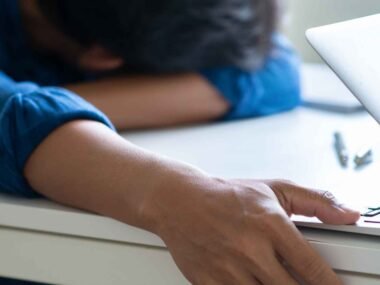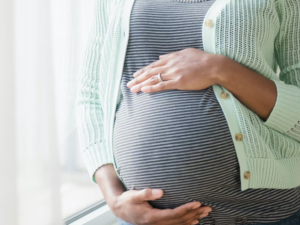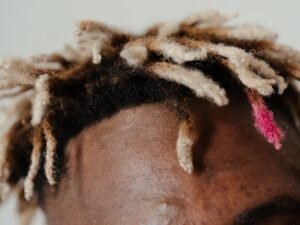Nootropics are a class of supplements that are becoming increasingly popular for their ability to enhance cognitive function. While these supplements are generally safe and well-tolerated, some people may be concerned about the potential for nootropics to cause hair loss.
Nootropics, also known as “smart drugs,” are a class of cognitive-enhancing supplements that have become increasingly popular in recent years. While these supplements are designed to improve cognitive function, there has been some concern among users about the potential side effect of hair loss.
At this time, there is no definitive evidence linking nootropics to hair loss. However, some users have reported experiencing hair loss after using certain nootropic supplements.
In this article, we will explore the relationship between nootropics and hair loss, and whether or not there is any evidence to suggest that these supplements can cause hair loss.
What Are Nootropics?
Before we dive into the topic of nootropics and hair loss, it’s important to understand what nootropics are and how they work.
Nootropics are a class of supplements that are designed to enhance cognitive function. They are also known as “smart drugs” or “brain boosters” and are often used by people who want to improve their memory, focus, and overall mental performance.
Some of the most popular nootropics include caffeine, L-theanine, piracetam, and creatine. These supplements work by increasing blood flow to the brain, boosting the production of neurotransmitters, and improving brain cell function.
Do Nootropics Cause Hair Loss?
Now, let’s get to the main question – can nootropics cause hair loss? The short answer is that there is no evidence to suggest that nootropics can cause hair loss.
In fact, most nootropics are considered to be safe and well-tolerated. While some people may experience mild side effects such as headaches or digestive issues, there is no evidence to suggest that nootropics can cause hair loss.
One potential reason for this is that some nootropics can alter hormone levels in the body. Hormones such as testosterone and dihydrotestosterone (DHT) are known to be associated with hair loss. Changes in hormone levels caused by nootropics could theoretically contribute to hair loss in some users.
Factors That Can Cause Hair Loss Related to Nootropics
Another possible reason is that some nootropics may increase blood flow to the scalp, which could theoretically cause hair loss in individuals who are predisposed to male pattern baldness. However, this theory has not been scientifically proven.
It is important to note that the potential for hair loss with nootropics appears to be very rare. Most users do not experience any negative side effects, and the benefits of these supplements generally outweigh the risks.
If you are concerned about the potential for hair loss with nootropics, it is recommended that you speak with your healthcare provider before taking any supplements. Your healthcare provider can help you determine whether a particular supplement is safe for you to use based on your individual medical history and risk factors.
Factors That Can Cause Hair LossNot Related to Nootropics
While nootropics are unlikely to cause hair loss, there are other factors that can contribute to hair loss. Some of these factors include:
- Genetics: Hair loss can be genetic, meaning that it runs in families. If your parents or grandparents experienced hair loss, you may be more likely to experience it as well.
- Hormonal changes: Hormonal changes can also contribute to hair loss. This is why some women experience hair loss after pregnancy or during menopause.
- Nutrient deficiencies: Nutrient deficiencies, particularly deficiencies in iron and protein, can also contribute to hair loss.
- Stress: Stress is a common cause of hair loss. When you’re under a lot of stress, your body may redirect nutrients away from your hair follicles, leading to hair loss.
- Medications: Certain medications can also cause hair loss as a side effect. If you’re concerned about medication-induced hair loss, it’s a good idea to talk to your doctor.
How to Promote Hair Health
If you’re concerned about hair loss, there are several steps you can take to promote hair health. Some of these steps include:
- Eating a healthy diet that is rich in protein, iron, and other nutrients that promote hair health.
- Managing stress through exercise, meditation, or other stress-relieving activities.
- Avoiding harsh hair treatments that can damage your hair, such as excessive heat styling or chemical treatments.
- Taking supplements that promote hair health, such as biotin, vitamin D, and iron.
- Using gentle hair products that are free of harsh chemicals and sulfates.
In conclusion, there is no evidence to suggest that nootropics can cause hair loss. While some people may experience mild side effects when taking these supplements, hair loss is not one of them. If you






